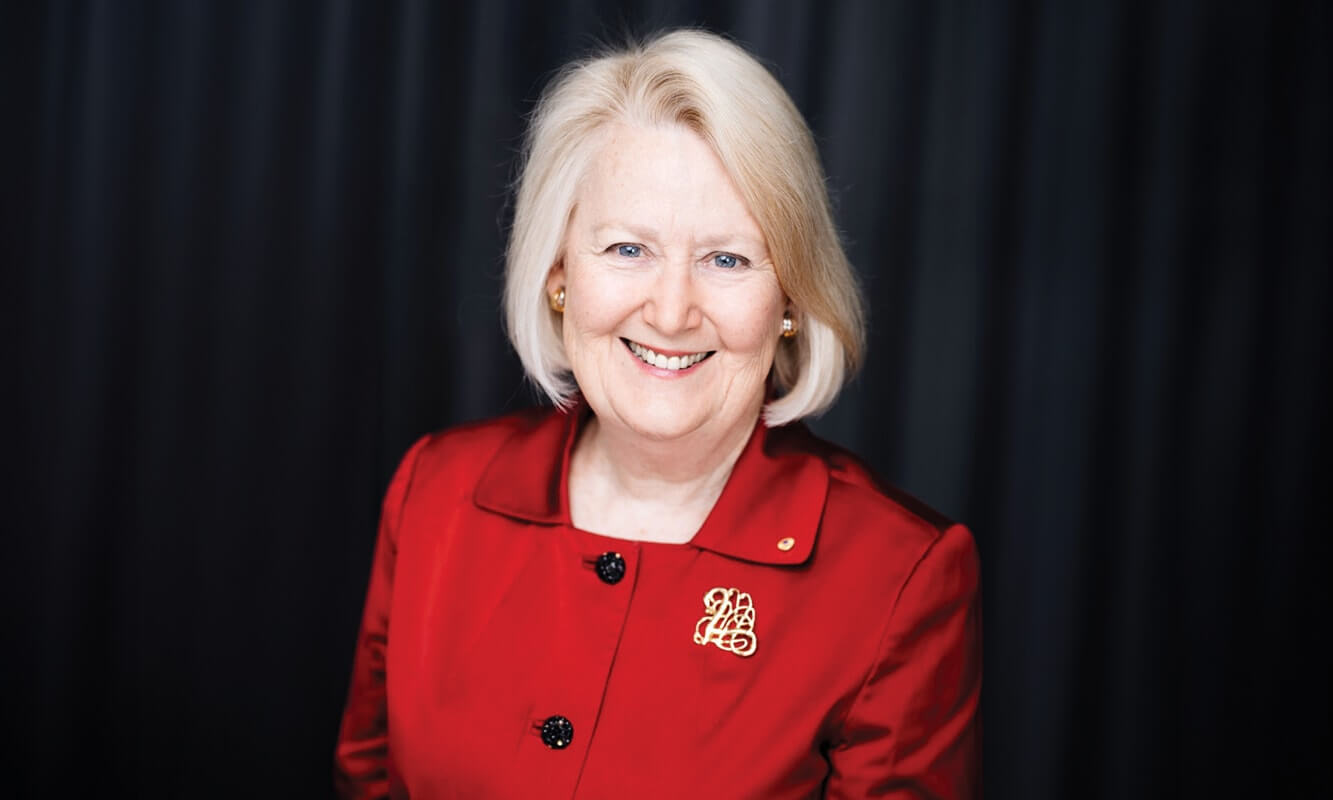In Lancefield (No.2) [2020] FamCAFC 312 (22 December 2020) the Full Court (Ainslie-Wallace, Ryan & Aldridge JJ) allowed in part an appeal where an order was made changing the residence of 11 and 9-year-old children.
The mother had been hospitalised in respect of her mental health but had “capacity to provide for the children’s … needs” ([5]). The children resided with the father until trial.
An incident occurred in 2018 where the family iPad was activated and the father accessed the mother’s internet search history which included “how to tie a hangman’s noose” ([31]). The father contacted the mother’s brother about the searches and family sharing ceased. Judge B Smith found that the father had “continued to monitor and collect information” about the mother, which amounted to “family violence and/or controlling behaviour” of “critical importance … in considering where [the] children should primarily reside” ([48]).
The Full Court said (from [54]):
“ … [G]iven the mother’s history of threats of suicide, it was reasonable for the father to be concerned about what the mother’s searches suggested about her mental health (…)
[67] … [T]he gravamen … is that the conduct was coercive and controlling behaviour and amounted to family violence. … [T]he trial reasons which show how important the findings of ‘coercion or control’ were to the decision to remove the children from the father’s primary care. (…)”
The eldest child expressed a desire for the parenting arrangements to stay as they were. Statements from the youngest child to the family consultant left the consultant with the ‘impression’ that that child preferred to live with his mother ([82]).
The Full Court said (from [83]):
“ … [G]iven the emphasis that was placed on the children’s views in the trial, it was important … to consider whether it was significant that one child had a clearly expressed view … compared to the Family Consultant’s impression about the younger child’s current unstated preference. (…)
[85] The … judge had already decided that the mother’s case … which probably explains why … additional matters were not considered when deciding the weight attributed to the family consultant’s ‘impression’ of the younger child’s views … [H]is Honour’s decision to place greatest weight on those other factors, underpins the importance of the findings raised in relation to controlling behaviour …”
Craig Nicol is the editor of The Family Law Book and Keleigh Robinson is the co-editor. Both are Accredited Specialists in family law (Queensland and Victoria, respectively). The Family Law Book is a one-volume loose-leaf and online family law service (thefamilylawbook.com.au).












Share this article